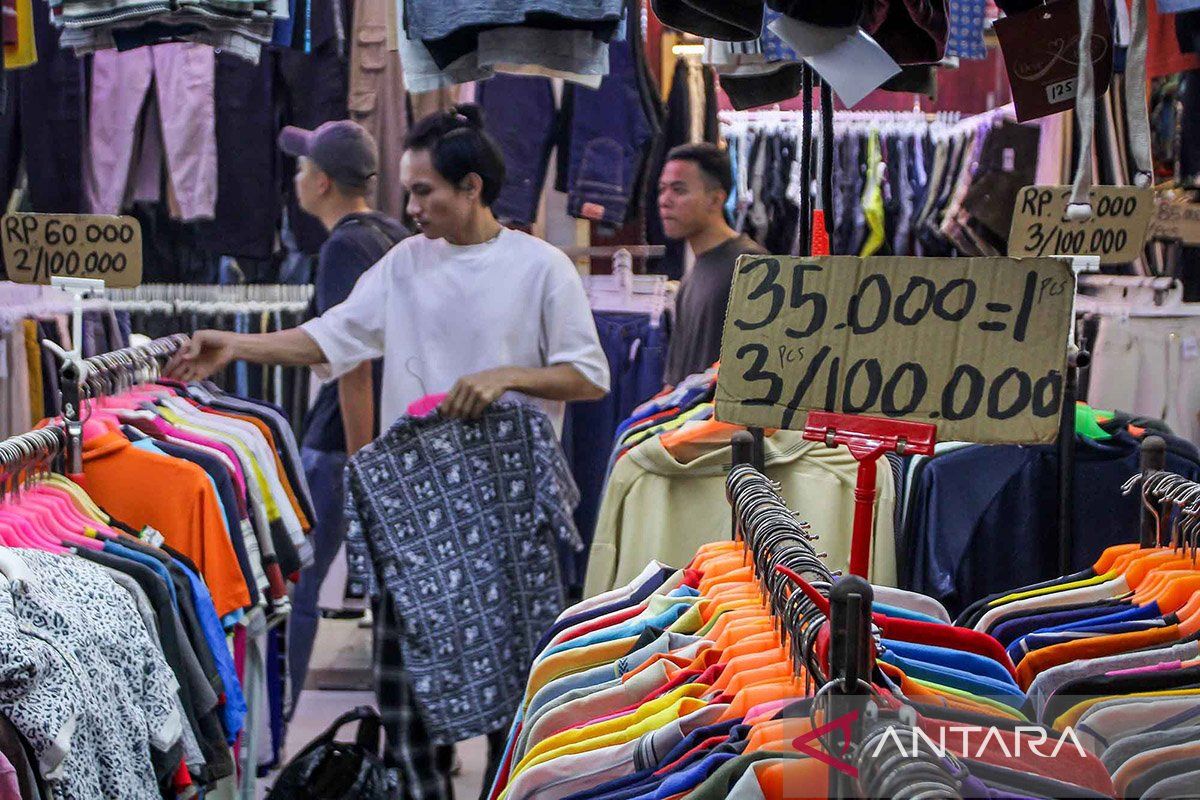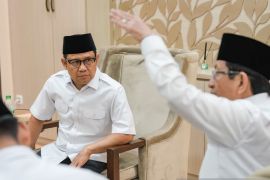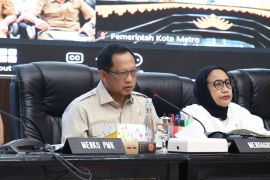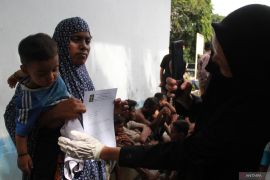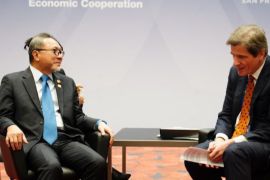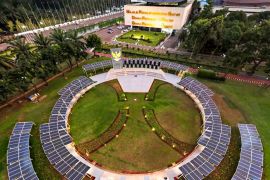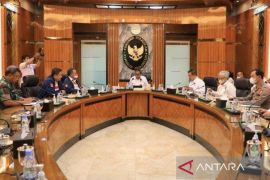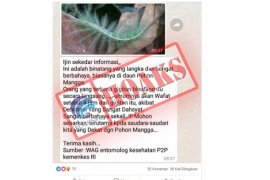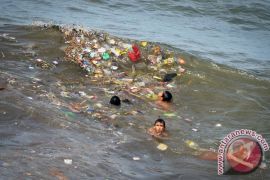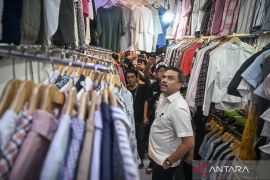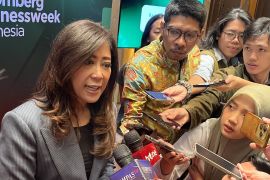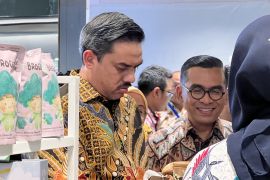The preference to purchase second-hand clothes - instead of the new ones - is even popular among generation Z for its unique style, budget-friendly and trend to counter overconsumption.
However, thrifting actually creates a new problem with more than 70 percent of donated clothes end up in Africa and the rest of the Global South, according to Oxfam - a British independent non-governmental organizations, focusing on the alleviation of global poverty.
This is overwhelmingly a commercial trade pattern, as the used-clothes collected by charities and clothing recyclers alike are exported to the Global South and sold for profit.
Indonesia has recorded a drastic surge in used clothing imports since 2024.
Data from Statistics Indonesia (BPS), through the Trade Ministry’s Data and Information System Center, showed imports of finished textile products and used clothing reached US$78.19 million from January to July 2025, up 17.33 percent from the same period last year.
The main sources were China, Vietnam and Bangladesh.
This fact is worrying because the rise of the thrifting business - which many are carried out illegally - could result in a decline in the market share of local textiles and clothing, the loss of potential state revenue due to the smuggling of used clothing as well as environmental pollution and health problems, such as skin diseases.
The Indonesian government continues to take firm action to respond to the import of used clothing, which is prohibited under Law No. 7 of 2014 on Trade, as well as the Ministry of Trade’s regulations regarding import policies and prohibited goods.
The actions include increased surveillance of used clothing smuggling at ports in Jakarta and Batam, as well as at the Indonesia-Malaysia maritime border; and confiscating 21,054 bales of imported used clothing worth Rp120.6 billion between October 2024 and October 2025.
Financial penalties will be imposed in addition to prison sentences for illegal importers of secondhand clothes and bags, as part of efforts to curb smuggling an protect local industries, according to the government.
Stronger law enforcement is needed considering the government has long suffered financial losses from merely destroying confiscated goods and jailing offenders without recovering any compensation.
Fair solution
At the same time, President Prabowo Subianto has directed the Ministry of Micro, Small, and Medium Enterprises (MSMEs) to develop alternative products for thrift businesses, following the government's enforcement of a ban on imported secondhand clothing.
The move aims to protect domestic producers while ensuring traders dependent on imported used clothing can maintain their livelihoods.
The ministry is currently working to help thrift vendors transition to locally made fashion products, particularly those produced by MSMEs.
MSME Minister Maman Abdurrahman emphasized that many domestic goods are competitive in quality, design and price.
While the import ban remains in place, the government is seeking a balanced solution that sustains local textile production without sidelining micro-businesses.
This initiative reflects the government’s continuing push for economic sovereignty and MSME empowerment, signaling a shift toward sustainable, locally driven fashion markets.
It includes the rebranding of several markets, previously known as centers for thrifted clothes, such as Senen Market in Jakarta and Gedebage Market in Bandung.
The Ministry of MSME is also preparing a transition scheme by partnering with more than 150 local brands to supply products to the traders, while discussing the business scheme and the possibility of providing the People's Business Credit (KUR) to support the financing.
In addition, the ministry has ordered e-commerce platforms to shut down online stores selling imported secondhand clothes.
Meanwhile, thrifting traders are asking the government not to take steps to completely ban the sale of used clothing without a clear and measurable roadmap.
If stricter restrictions are necessary in the future, they hope the policies will be implemented gradually so that businesses have room to adapt and avoid sudden closures, according to Oscar Pendong, a thrifting activist from the People's Movement for the Nation (GRPB).
He also encouraged transparent regulations regarding thrifting activities so that traders can pay taxes and contribute to state revenue.
Emphasizing their readiness to collaborate with local producers, he said that thrifting traders are essentially MSME entrepreneurs that need to be fostered and empowered.
Citing GRPB data, there are approximately 984,000 thrifting traders in Indonesia. This figure reflects a significant economic scale if the ecosystem is properly managed and directed towards strengthening local products and regulatory compliance.
Changing habit
The rise of the thrifting business is indeed linked to growing consumer demand.
In fact, thrifting turns out not the best solution to address overconsumption, which has become a global issue nowadays.
As individuals and consumers, we actually drive the fashion industry. So, changing our habits can force the textile industry to reduce fashion waste and produce more sustainable products.
As an alternative, we can consider clothing swap or rental schemes instead of buying new clothes.
We can also choose recycled or upcycled clothing, which are made from post-consumer textile waste or other waste such as discarded plastic bottles or nylon fishing nets.
Organic clothing, which do not contain any plastic so they will biodegradable when are no longer be used, can also be an option.
Changing behavior with the "You Only Need One" (YONO) principle has recently become a popular trend to address the negative environmental impacts of excessive consumption.
At the same time, industry, government and related stakeholders must work together to support more sustainable fashion production.
Related news: Indonesia orders online marketplaces to shut down thrift stores
Related news: Minister seeks solution to illegal imports of used clothing
Editor: Primayanti
Copyright © ANTARA 2025
